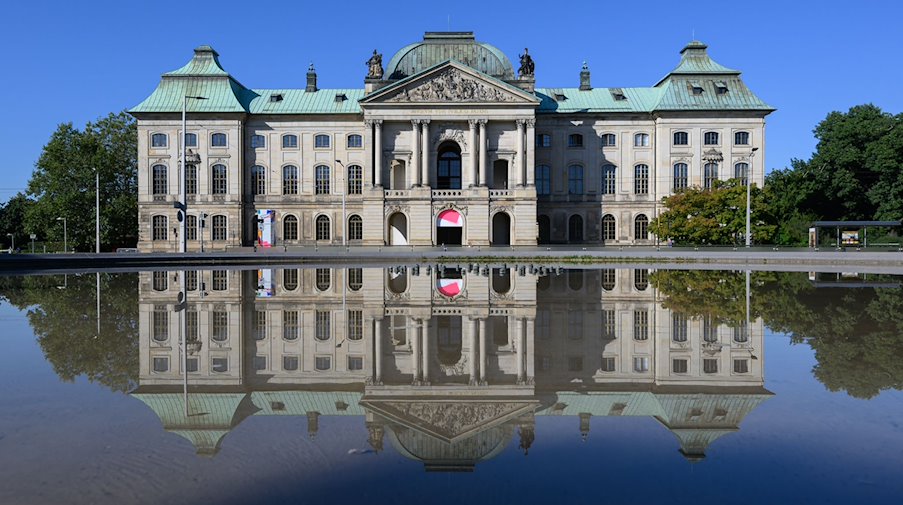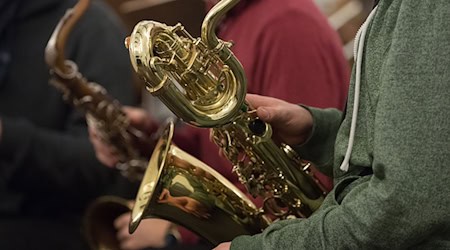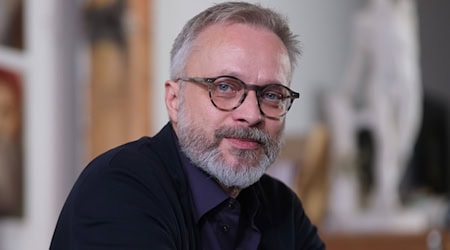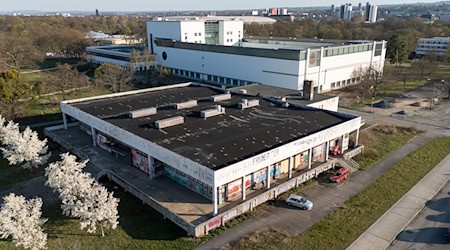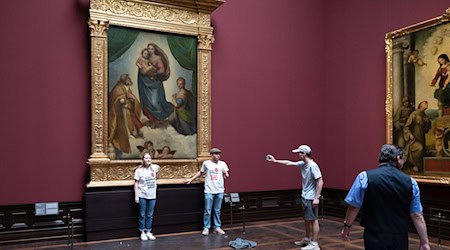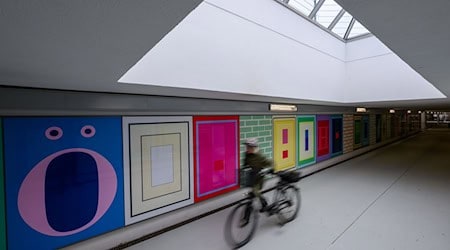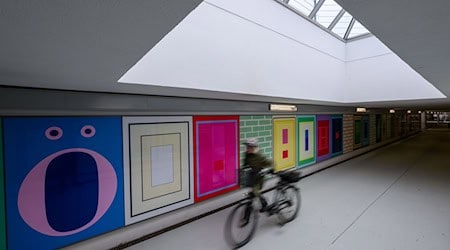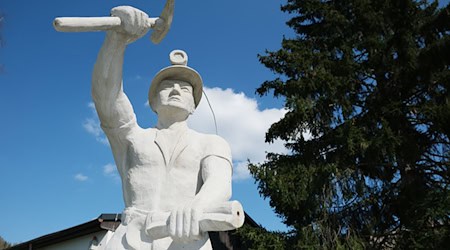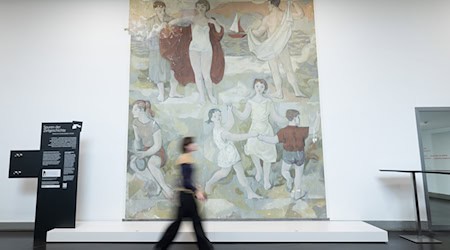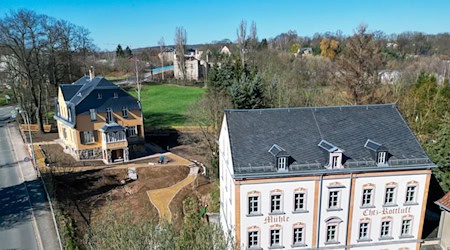The Café Belarus of Dresden's Japanisches Palais has two special guests from the Eastern European country until mid-November: the artist duo 1+1=1. The show "Cassandra Complex" features a total of 26 works by Antanina Slabodchykava and Mikhail Gulin from Minsk, according to the State Art Collections (SKD).
The works testify to the defense of free art practice and the socio-political situation in the homeland of the two, they said. The videos, performances, drawings and installations incorporated the experiences of the couple, who are committed to modern, contemporary art - and thus drew the displeasure of Belarusian state power.
While Gulin was arrested for an art action back in 2012, his wife became the focus of the authorities during the 2020 election campaign. She drew the pictogram that spontaneously became a symbol of resistance against the autocratic regime: a heart combined with a fist and a victory sign. The couple has been living in Dresden since October 2022 - with a scholarship from the Martin Roth Initiative (MRI). This offers artists who are endangered in their homeland for political or social reasons refuge for at least twelve months and the opportunity for reorientation.
The Café Belarus was created in the course of an exhibition in 2021 and is a place of entertainment and discussion for people in exile and artists, as the director of the Museum für Völkerkunde, Barbara Höffer, said as the host.
With the works of 1+1=1, the focus in two rooms is on the psychological effect when negative forecasts are ignored or dismissed. The country has been known in Europe since 1994 as the last dictatorship, stuck between "no longer Soviet" and "not yet European democratic," Gulin said, according to a statement from the State Art Collections. There are thousands of political prisoners as well as kidnappings, he said, and Russia's influence is growing. The EU and neighboring countries were generally "very concerned," but no longer so. "That changed on February 24, 2022." That was the day Russia's war of aggression on Ukraine began.
Copyright 2023, dpa (www.dpa.de). All rights reserved

